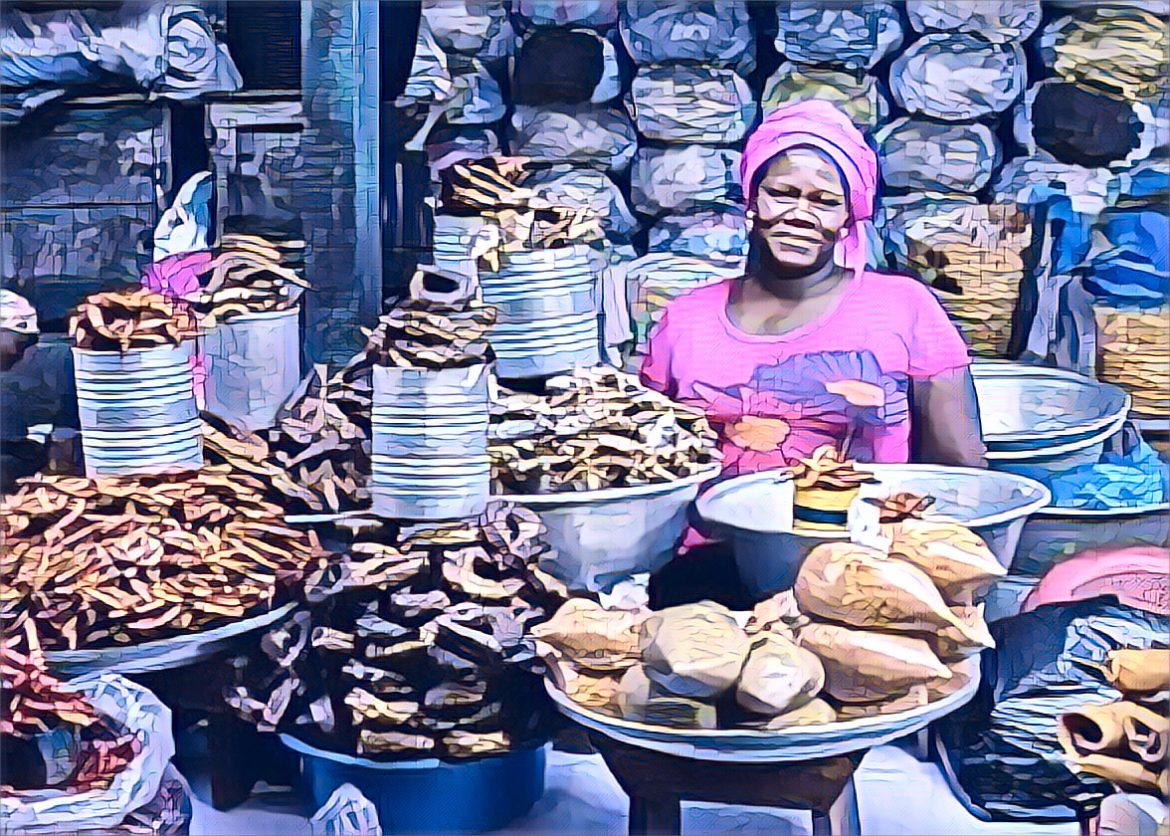In a shocking revelation, Amnesty International (AI) has exposed the rampant violation of women’s rights in Zimbabwe’s Informal Cross-Border Trade (ICBT). The report, which also implicates Malawi and Zambia, highlights the failure of these Southern African countries to shield women from gender-based violence and economic exploitation.
Women engaged in ICBT in these regions frequently face physical assault, sexual harassment, and intimidation. Disturbingly, these acts of violence are often perpetrated by State officials, including border authorities, as well as non-State actors.
The vulnerability of women in informal employment to diverse forms of abuse, coupled with restricted access to justice, underscores a glaring gap in state protection. “The lack of robust legal frameworks and effective enforcement mechanisms further amplifies the injustices experienced by women in the ICBT sector,” says AI’s regional director for East and Southern Africa, Tigere Chagutah.
The report also sheds light on the economic exploitation faced by women in this sector, which includes bribery, theft, and arbitrary confiscation of goods. Despite the sector’s significant potential for poverty alleviation, there is a lack of social security for women, which undermines their financial stability.
Moreover, systemic State failures in upholding the right to social security have been highlighted, with notable deficits in addressing the substantial care responsibilities borne by women engaged in cross-border trade. In the absence of social protection coverage, many women reportedly face an inability to exercise their right to an adequate standard of living.
In response to these findings, AI urges the named countries to address systemic failures and enact policies that prioritize human rights principles. These measures should ensure the rights, safety, and well-being of women involved in informal cross-border trade.
Despite the grim reality, there is a glimmer of hope. The exposure of these violations is the first step towards change. With the world’s attention now drawn to this issue, it is hoped that the necessary reforms will be implemented to safeguard the rights of these women.
Source: NewZimbabwe.com
Unveiling Women’s Plight in Zimbabwe’s Informal Trade
Highlighting Women's Rights and Trade Issues in Zimbabwe's Informal Sector
445
previous story


